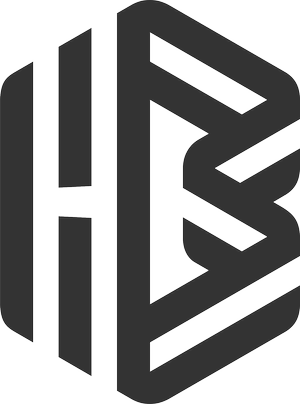Technical
In startups, you often hear people describe themselves as either “technical” or “non-technical”. The technical class consists of developers, hackers, programmers, etc. Then, you have the non-technical employees: operations, marketing, sales, finance, just about everyone else.
It’s no surprise then that come pay day, those taking home the larger checks fall into the technical category. The other employees are no less essential, but crude economics makes the non-technical folks more "replaceable", on paper.
There’s a much broader definition. Anyone who digs deep enough into a particular craft can be technical. If all I do is roast marshmallows every day for the next ten years, you can bet I’ll be in the top .001% of mallow-roasters, making me and my toasting technique very technical. Alas, not many people need exquisitely roasted marshmallows, and my discipline will be unyielding.
We call people technical because we value their ability. What they can do is hard, the result of some very deep understanding and intensive practice. Thus, the best jugglers are technical. So are musicians, painters, chefs, actors, and yes, writers.
Technically, I’m not technical, but that’s only one way of looking at it.

